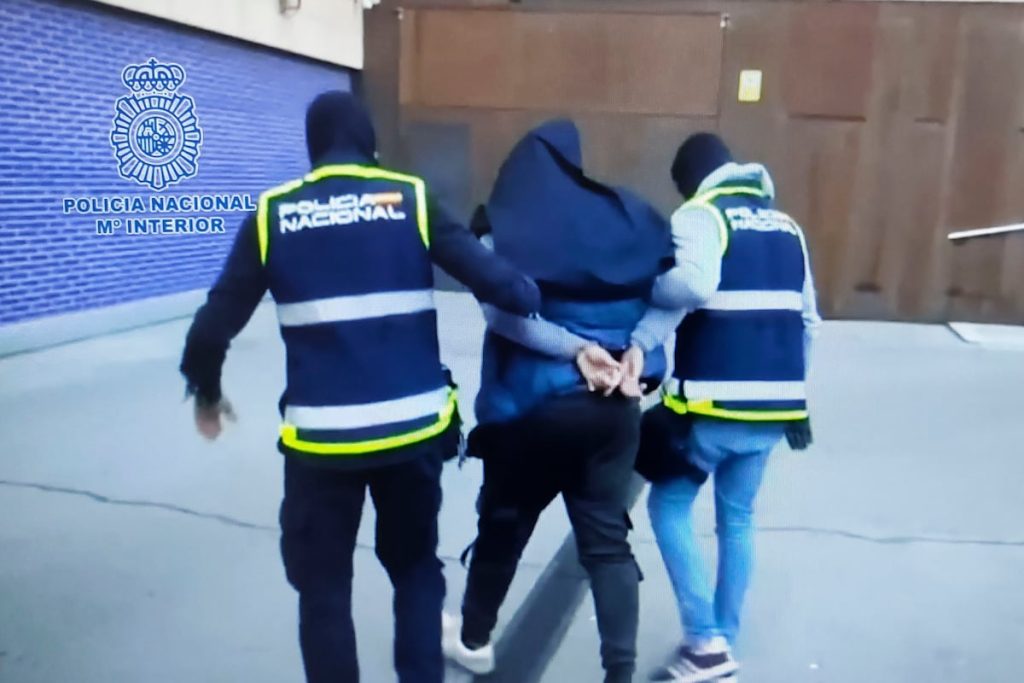The Spanish National Police arrested a man of Moroccan origin in Gelida (Barcelona) last July, accusing him of making jihadist threats against his neighbors. He was swiftly repatriated to his home country under the Immigration Law without waiting for a criminal case to be opened against him or for him to be tried for his actions. This man, considered a potential threat to national security, has also been banned from entering Spain or any other Schengen Agreement country for the next 10 years. This method of expelling individuals without a criminal trial has been increasingly used in recent years, with 21 individuals expelled in the first half of 2023 alone, most of whom were suspected of engaging in jihadist activities. This approach was also used in December of last year to expel 14 Pakistani citizens from Barcelona who were believed to be associated with a radical Islamist party from Pakistan.
The individual detained in Gelida had instilled fear among the town’s residents through violent behavior and threatening messages, with acts of hostility towards women and the LGBTQ+ community. He also shared images on social media praising acts of terrorism committed by ISIS. Following his arrest in Operation Janin, the National Police opened an expulsion procedure and repatriated him days later, with the approval of the courts and the prosecution. The decision not to pursue criminal charges against a detainee and prioritize deportation is based on articles 54 and 57 of the Immigration Law, which allow a judge, in consultation with the prosecution, to authorize expulsion if the accused is facing a crime punishable by up to six years in prison.
Expelling individuals involved in radical Islamism instead of waiting for a trial has become a common practice, particularly in cases of self-radicalization, a crime added to the Penal Code in 2015. Difficulty in proving these cases in court has led to numerous acquittals or overturned convictions on appeal, prompting the National Court and the Interior Ministry to explore alternative methods. By handling the process administratively under the Ministry of Security, individuals deemed a national security threat by law enforcement can be swiftly expelled from Spain. The National Court has ruled in favor of this system in several cases, upholding the legality of expulsions based on the threat posed by radical individuals to community security and stability.
In a specific case in November 2022, the National Court upheld the decision made by the Interior Ministry two years prior to expel Yahya Benaouda, a Muslim leader in the town of Talayuela, on the grounds that his radical teachings posed a threat to the region’s security and social stability. Benaouda was known for propagating radical Salafist ideologies, advocating for the supremacy of Islamic law over Spanish laws, discrimination against women, and supporting imprisoned preachers of extremist ideologies. This ruling reinforced the ministry’s stance on expelling individuals who promote radical ideologies deemed a security risk. This approach aims to swiftly remove potentially dangerous individuals from the country to ensure national security and safety.


